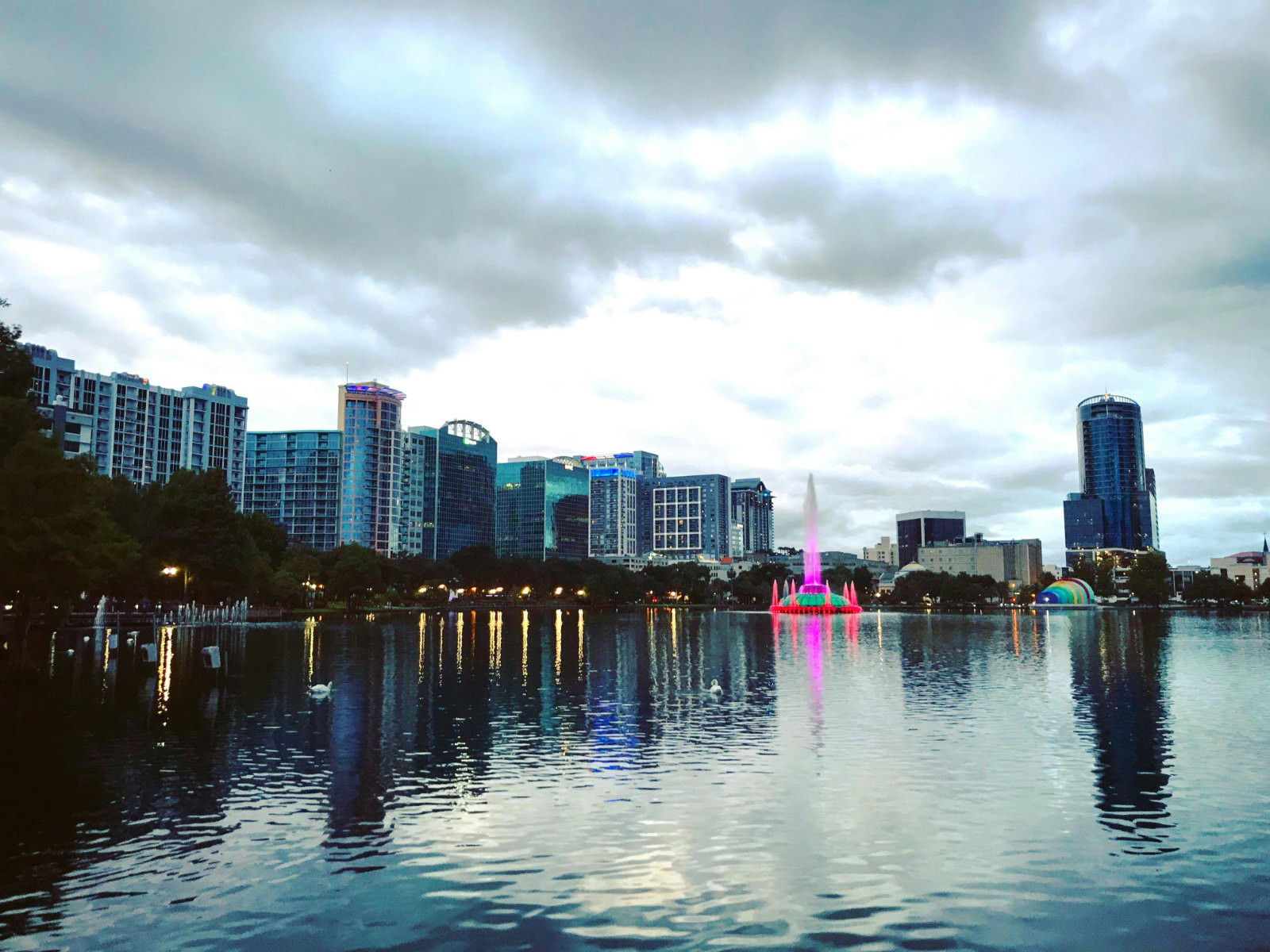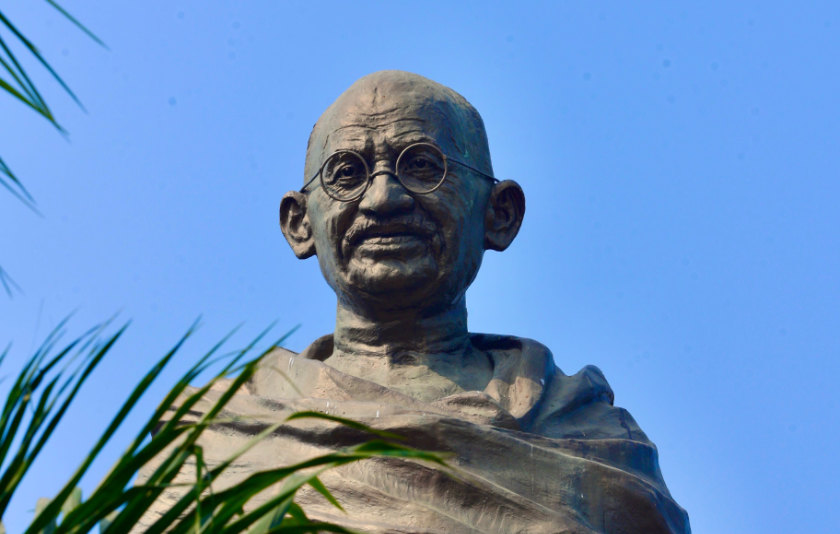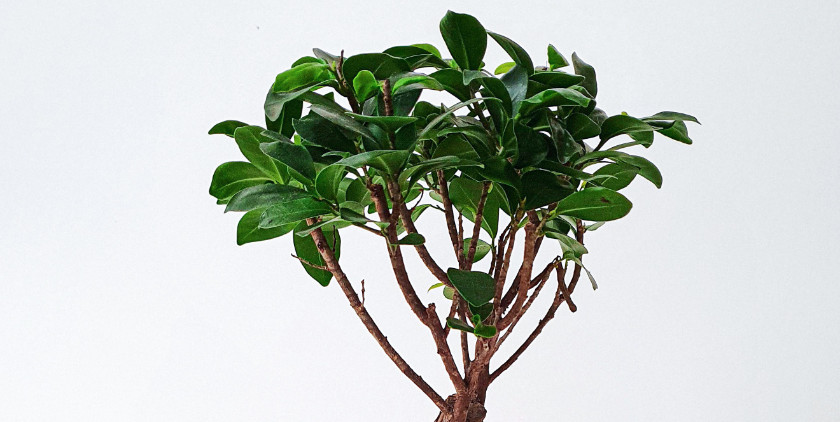
Living
Randy Scobey found his faith, but it was sorely tested after he came out as a teen. His experiences led him into the abusive world of gay conversion therapy, and he helped shut down one of its most influential proponents. Today, as a gay man of faith, he recounts his experiences in a memoir that he hopes can save lives in the rainbow community. Jack Yan reviews Randy’s new book, Why: a Memoir


Above: Randy Scobey and the cover of his new book, Why: a Memoir
I met Randy Scobey in 2006, on a blogging platform called Vox. In those pre-Facebook (at least the version of Facebook that was open to non-US college students), Vox was probably the closest thing to a social network. I realize Myspace was around, but it was unwieldy. Vox was elegant, a place for recording long-form blogging thoughts, and, better yet, you could alter your privacy, so that only close friends could see what you wrote.
Here was this Christian man who wrote very eloquently, and I began being fascinated by what he had to say. He also made beautiful art that he would show on his blog. At the time, he was Randy Thomas, executive vice-president of a “Christian” movement called Exodus International, ultimately a harmful movement that stigmatized homosexuality, using the guise of Christianity to make it palatable. We can now group it under the gay conversion banner—something that is illegal here in New Zealand but continues in the US. It’s widely discredited, and when the debates were happening in our Parliament, it was clear which way the vote was going to go (112 across all parties in favour of a ban, versus 8 National MPs exercising conscience votes).
But at the time, Randy believed sincerely that one could pray the gay away, and that was his truth. I couldn’t grasp the harm his organization was causing—I was clueless as to how far its tentacles (and that of the wider US conservative movement) reached, despite having rainbow friends that I saw regularly. I had never encountered something so targeted against the gay community with such influence, although my rainbow friends would think me naïve as surely I was aware of many “churches”, including anti-gay ones here (and I had participated in a demonstration against one of them). Nevertheless, I thought if being “ex-gay” was the man’s journey, I was fascinated to read about a perspective that I had never encountered before. I considered myself a good judge of character.
Randy was unfailingly friendly and polite. His testimony was that he had come out, but decided through faith that he was straight, and was in love with a woman. I thought that maybe he was bisexual—as someone who sees sexuality on a continuum rather than discrete categories—and as of 2006–7 Randy was wavering somewhere close to heterosexuality. If he met the right fella, he’d head back along that continuum.
I never judged, and just followed his journey, as a friend would. We stayed in touch even as Vox faltered and closed, and some years later, I read that he was part of the group that shut down Exodus in 2013, having come to the realization that it could not continue, and seeing it for what it really was. He wrote about it on his Facebook page at the time—back then I still used it—and he offered a heartfelt apology to the LGBTQIA+ community that he believed Exodus had harmed. I was touched: this was the same eloquent Randy who had been through a heck of a journey and was coming out the other end. Soon after, he had his next coming-out, and in 2016, he met his partner, Dan Scobey, to whom he is now married.
Why: a Memoir is incredibly meaningful in different ways as Randy unpacks what led him to Christian groups and ultimately Exodus, who preyed on the experiences he had as a young man—someone who had an abusive mother and stepfather, was kicked out of home after coming out as a teen, and who descended into a period of alcohol and substance abuse. He did, however, have a deep faith and belief in Christ, which he credits for getting him through rough periods in his life. His book also describes the experiences inside Exodus, including a few humorous accounts, seeks to explain how he was innocently led into the gay conversion world, and details the shock suicide of a gay friend who struggled with his sexuality that made such a deep impact that Randy knew that he, and his immediate boss Roger Tompkins, would recommend that the organization be shut down.
In a greater context, Randy deals with LGBTQIA stigmatization, and in both its expressed and experienced forms, and reveals just how prejudiced groups like the one he worked for target members of the rainbow community.
Finally, you can sense his catharsis as he brings clarity on so many of his past experiences.
The book is at its best when Randy is being deeply personal, recounting his youth, whereas the Exodus anecdotes will have meaning to those who want to see how these organizations function (summary: with a lot of drama). And in some ways it’s a relief to know they are vulnerable, since they are telling people not to live their truths, and Randy has a far deeper picture than anyone else in the rainbow community might have. That insight, by someone who found himself deep in a gay-conversion cult, is invaluable. It could even save lives, like that of his friend Stephen.
I thought I knew Randy well but I had no idea of his traumatic childhood experiences, and if he had written in a private post on Vox that he had pictured Jon and Ponch on CHiPs naked, as he does in this book, then I think I would have loudly responded, ‘Dude, you’re definitely gay.’ This is a deeply personal memoir but one that has insights that are societally important.
If Randy is right and there is a Divine Being guiding people on their paths, then his was to head inside a harmful “ex-gay” group and help end its harm to people.
Why ends on a far more positive, if ever so brief, note, though we are comparing his first 45 years on earth that led up to the demise of Exodus, to his most recent decade, which sees him happy in his own skin, still a believer in Christ and accepting that his Saviour loves him as a gay man, and married with a teenage stepdaughter and fur babies.
In the book’s press release, Randy says, ‘I hope my readers feel inspired to embrace their LGBTQ+ loved ones even tighter and become their champion, even if that loved one is themself—especially if that loved one is themself. I also hope Why encourages others to do more to help LGBTQ+ youths in crisis find and engage with the resources they need, instead of walking down the dark path I did, and if they walk away chuckling from some of my tales, even better!’ •
Jack Yan is founder and publisher of Lucire.
Related articles hand-picked by our editors

Being the change
Perry Garfinkel’s Becoming Gandhi is a well timed book, with the author following the Mahātmā’s ways and finding truth in his quotation, ‘Be the change you want to see in the world’

What if there was a cancer drug breakthrough?
Physician Mary Austin tells a story about a miraculous cancer drug—which is then suppressed by Big Pharma. Jack Yan interviews her about her book, The Last Rose of Summer
Photographed by Elīna Arāja/Pexels

It’s real life: conquering body image issues
Alli Spotts-De Lazzer’s MeaningFull is not only founded on a qualified therapist’s knowledge, but first-hand accounts of people who have dealt with dieting, weight and body image issues, and come out the other side having beaten them
Photographed by Drop the Label Movement